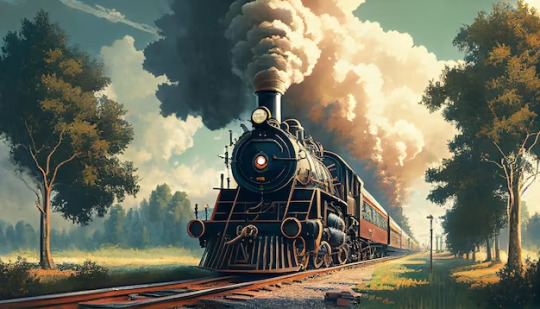Don't wanna be here? Send us removal request.
Text
steam boats/ steam engine
Steamboats and steam engines held paramount significance in the late 18th and 19th centuries. Their pivotal role stemmed from their revolutionary ability to harness steam power for propulsion, ushering in a new era of transportation and industry. By utilizing steam, these inventions facilitated faster, more reliable water travel, reshaping trade and commerce dynamics. Steamboats allowed for inland navigation, forging crucial trade routes and connecting once-isolated regions. Furthermore, these engines powered early factories, catalyzing the Industrial Revolution, which, in turn, spurred economic growth, expanded knowledge dissemination, and contributed to cultural advancements, making them vital milestones in human progress.

importance of steam engine
1. Industrial Revolution: The steam engine played a central role in the Industrial Revolution, which began in the late 18th century in Britain and later spread to other parts of the world. It revolutionized manufacturing, transportation, and agriculture by providing a reliable source of power.
2. Transportation Revolution: The steam engine powered the development of steam locomotives and steamships, which revolutionized transportation. It made it possible to move goods and people faster and more efficiently, leading to the expansion of markets and the growth of cities.
3. Agricultural Advancements: Steam engines were also used in agriculture to power threshing machines, plows, and other farm equipment. This increased agricultural productivity and helped support the growing population during the 19th century.

2 notes
·
View notes